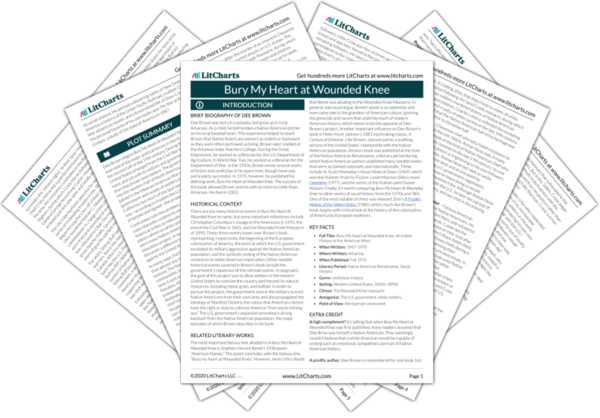Previous
General James Carleton
|
Previous
General James Carleton
|
Little Crow Character Analysis |
Next
President Abraham Lincoln
|
Little Crow rejected their arguments. The white men were too powerful, he said. Yet he admitted the settlers would exact bitter vengeance because women had been killed. Little Crow’s son, who was present, said later that his father's face grew haggard and great beads of sweat stood out on his forehead.

Little Crow rejected their arguments. The white men were too powerful, he said. Yet he admitted the settlers would exact bitter vengeance because women had been killed. Little Crow’s son, who was present, said later that his father's face grew haggard and great beads of sweat stood out on his forehead.